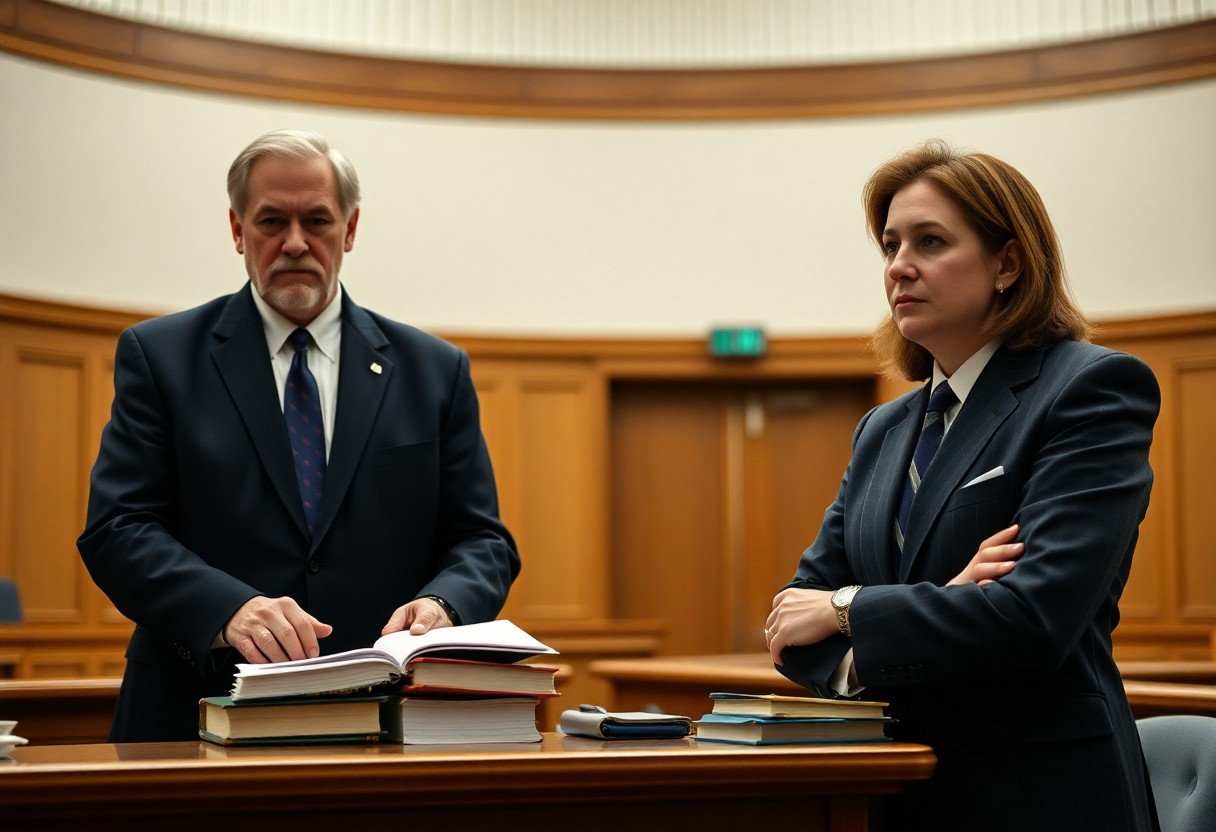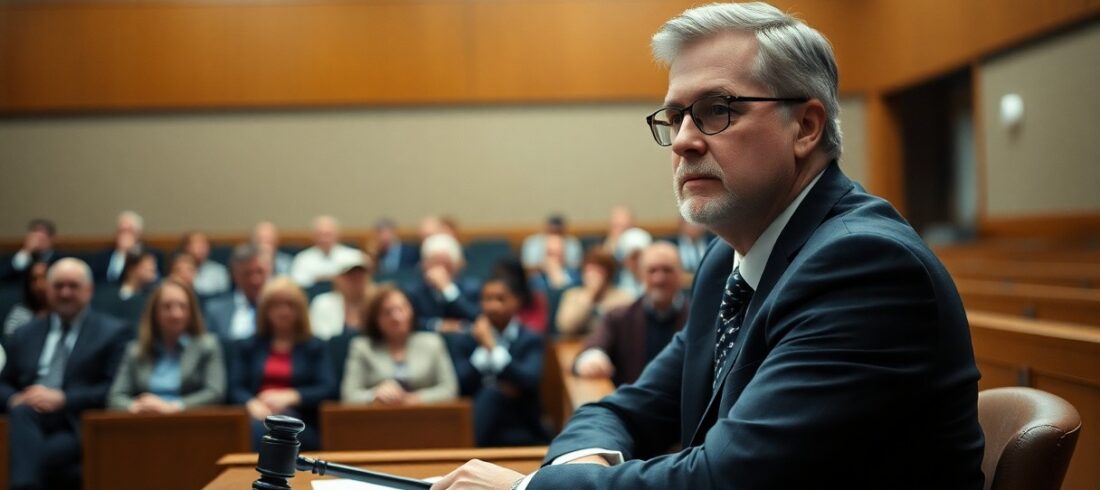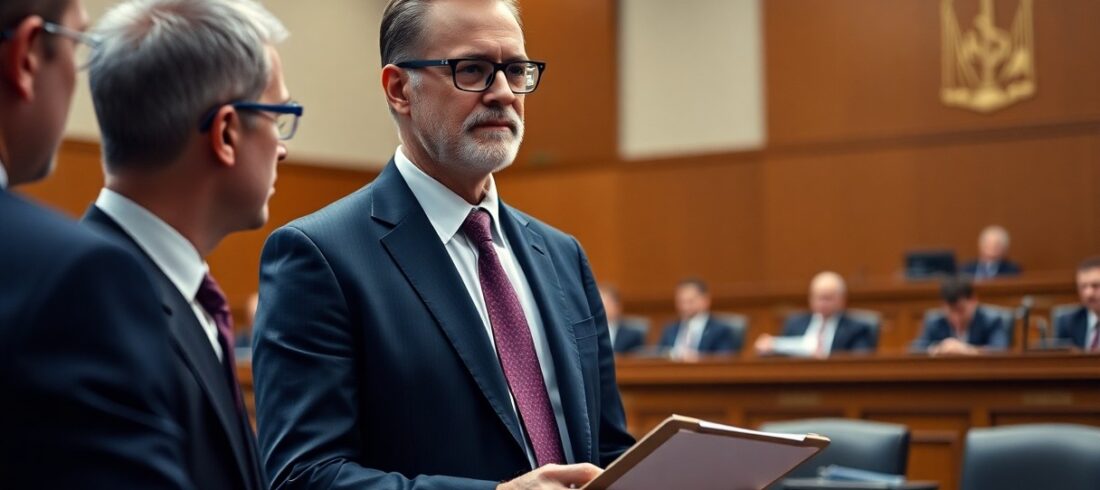It’s important for you to understand the distinct roles that expert witnesses and fact witnesses play in legal proceedings. While both types of witnesses provide valuable testimony, their contributions differ significantly based on their expertise and the nature of their involvement in the case. Fact witnesses share firsthand accounts of events, focusing strictly on what they observed, whereas expert witnesses draw upon specialized knowledge to offer opinions that help clarify complex issues for the court. This post will guide you through the key differences between these two categories of witnesses.
Definition of Witnesses
While understanding the roles of witnesses is fundamental in legal contexts, distinguishing between expert witnesses and fact witnesses is equally important for your legal comprehension.
Definition of Expert Witnesses
Witnesses who provide specialized knowledge, opinions, or analysis in a case are known as expert witnesses. You may find these individuals in fields such as medicine, engineering, or finance, where their expertise helps the court interpret complex information and make informed decisions.
Definition of Fact Witnesses
Witnesses who testify about their direct observations or experiences related to the case are termed fact witnesses. Their testimony is based on what they have seen, heard, or experienced, allowing you to establish the factual circumstances of the situation at hand.
Witnesses play an imperative role in the legal process by presenting evidence that supports or refutes claims. Fact witnesses provide firsthand accounts, presenting pertinent details to help clarify the case. Their reliability hinges on personal experience rather than specialized knowledge, making their testimony vital for establishing the truth in legal proceedings. Understanding the distinction between these types of witnesses aids in grasping the broader context of any trial or legal analysis you may encounter.
Roles and Responsibilities
Now, understanding the roles and responsibilities of both expert and fact witnesses is vital for anyone involved in legal proceedings. Each type of witness plays a distinct part in supporting the case, and knowing their specific obligations can help clarify their contributions to the legal process.
Responsibilities of Expert Witnesses
Beside providing specialized knowledge, your responsibility as an expert witness is to offer an unbiased and informed opinion based on your expertise. You may be called upon to interpret complex information, analyze evidence, and present findings in a manner that is understandable to judges and juries.
Responsibilities of Fact Witnesses
Witnesses are typically responsible for providing firsthand accounts of events or observations relevant to the case. This includes recounting what you saw, heard, or experienced directly, without offering personal interpretations or opinions.
Another important aspect of being a fact witness includes your duty to be truthful and reliable. Your testimony must be based solely on your direct experience, and you may be required to participate in depositions or court appearances to share your information. It’s critical to adhere to factual accuracy, as your account can significantly influence the outcome of a case.
Qualifications and Expertise
The differences in qualifications and expertise between expert witnesses and fact witnesses significantly impact their roles in the legal system.
Educational Requirements for Expert Witnesses
With a solid educational background, expert witnesses often possess advanced degrees in their specific fields. This formal education provides you with a strong foundation in the subject matter, enabling you to testify confidently and competently when called upon.
Experience Requirements for Fact Witnesses
An necessary characteristic of fact witnesses is that they typically draw from their personal experiences related to the case in question.
In fact, your firsthand knowledge and direct involvement in events make you a valuable resource in the courtroom. Unlike expert witnesses, you do not need specialized training or degrees; your personal observations and experiences shape the information you provide to help establish a clear understanding of the case at hand.
Certification and Licensing of Expert Witnesses
Requirements for expert witnesses can also include specific certifications and licensing, depending on their professional area.
The regulations across various fields may mandate that you hold certain licenses or certifications to practice as a recognized expert witness. These credentials help establish your authority and credibility, ensuring that judges and juries understand the level of expertise you bring to the case, particularly when complex, specialized knowledge is involved.

Testimony Characteristics
To understand the differences in testimony, it’s necessary to differentiate between the nature of the testimony provided by expert witnesses and fact witnesses. Each type plays a unique role in the legal process and has distinct characteristics that affect how information is conveyed in court.
Nature of Testimony from Expert Witnesses
Along with their specialized knowledge, expert witnesses provide testimony that often encompasses opinions based on that expertise. Their insights are designed to assist the court in understanding complex issues that require professional interpretation.
Nature of Testimony from Fact Witnesses
Across various cases, fact witnesses provide direct observations or experiences related to the matter at hand. Their input is grounded in personal experience, focusing on what they saw or heard, rather than on interpretations or conclusions.
At this level, fact witnesses offer straightforward accounts that can be very impactful. Their testimony usually revolves around factual statements, detailing what occurred without delving into expert analysis. This makes their contribution vital as it provides the court with baseline facts to build upon.
Use of Technical Language by Expert Witnesses
Below the surface, expert witnesses often utilize technical language and specialized terminology that reflects their field of expertise. This is necessary as it ensures that their testimony is precise and relevant to the matter being examined.
Testimony from expert witnesses can sometimes create a barrier for understanding, as the use of jargon may not be familiar to the average person in court. It’s important for you to recognize that while this language enhances credibility, it may also necessitate clarification to ensure the information is accessible to all parties involved in the case.
Admissibility in Court
Unlike fact witnesses, who are limited to testifying about their direct experiences, expert witnesses provide specialized knowledge that can influence the outcome of a case. The standards and rules governing their testimony can significantly affect their admissibility in court.
Rules Governing Expert Testimony
To ensure that expert testimony is relevant and reliable, courts typically follow specific standards, such as the Daubert standard. This criterion assesses the methodology and principles behind the expert’s conclusions, ensuring they are grounded in scientific validity.
Standards for Fact Witness Testimony
Court rules regarding fact witnesses generally focus on the accuracy of their recollections of events. Their testimony must be based solely on their firsthand experiences, which may not require the same level of scrutiny as expert testimony.
Standards for fact witness testimony emphasize the importance of personal observation and direct involvement in the events in question. Since fact witnesses provide accounts based on their knowledge and experience, their testimony is usually considered more straightforward, allowing juries to draw conclusions from the facts presented without the need for specialized interpretation.
The Role of Judicial Discretion
Discretion plays a significant role in determining the admissibility of both expert and fact witness testimony. Judges assess the relevance, reliability, and potential bias of the information presented before making a ruling on its admissibility.
Due to the varying nature of cases and the complex information involved, judges have the authority to weigh the probative value of witness testimony against any potential prejudicial effects. This allows them to ensure that only the most relevant and useful evidence is presented to the jury, promoting a fair trial process.
Impact on Legal Proceedings
After understanding the roles of expert and fact witnesses, it’s necessary to consider their impact on legal proceedings. Your case can be significantly affected by how these witnesses present their testimonies and the perceptions they create among jurors.
Influence of Expert Witnesses on Jury Perceptions
Against the backdrop of legal arguments, expert witnesses often have a profound influence on jury perceptions. Their specialized knowledge and ability to simplify complex information can help jurors grasp intricate concepts, leading to a more informed decision-making process.
Reliability and Credibility of Fact Witnesses
About fact witnesses, their reliability and credibility are necessary in establishing the truth of the events in question. Unlike experts, these witnesses recount their personal experiences and observations, making it vital for you to evaluate their honesty and accuracy during testimonies.
Consequently, the reliability of fact witnesses plays a significant role in the overall strength of your case. Their personal experiences and unbiased accounts can corroborate the narrative you present in court. This reliability can sway the jury’s opinion, highlighting the importance of selecting credible witnesses to support your claims.
Case Study Examples
Case studies provide concrete examples of the varying impacts that expert and fact witnesses can have on legal outcomes. Analyzing specific cases where these witnesses played pivotal roles can illuminate the dynamics at play in the courtroom.
Study the landmark cases where the testimonies of both types of witnesses shaped the final verdict. By examining these examples, you can gain insights into how effectively presented evidence and testimonies can drastically alter the course of legal proceedings and influence juries in different ways.
Final Words
Summing up, understanding the differences between expert witnesses and fact witnesses can significantly enhance your legal strategy. Expert witnesses provide specialized knowledge and opinions that help clarify complex issues, while fact witnesses offer firsthand accounts based on their direct experiences. Recognizing the roles each type of witness plays in a case can be pivotal in effectively conveying your arguments and evidence. This comprehension empowers you to better prepare and utilize the strengths of both witness types in your legal endeavors.
FAQ
Q: What is the primary role of an expert witness?
A: The primary role of an expert witness is to provide specialized knowledge, experience, or expertise on a relevant subject matter in a legal case. They help the court understand complex issues by offering their professional opinion based on their qualifications and background.
Q: How does a fact witness differ from an expert witness?
A: A fact witness is someone who testifies about what they personally observed or experienced regarding the facts of a case. Unlike expert witnesses, fact witnesses do not provide opinions or specialized knowledge; their testimony is based solely on their firsthand accounts of events.
Q: Can an expert witness also serve as a fact witness in the same case?
A: Yes, it is possible for an individual to serve as both an expert witness and a fact witness in a case. If they have firsthand knowledge of specific events as well as the expertise to provide analysis or opinion on related issues, they can fulfill both roles in court.
Q: How are expert witnesses typically selected for a legal case?
A: Expert witnesses are usually selected based on their qualifications, experience, and reputation in their field. Attorneys may look for individuals who have published works, have relevant certifications, or possess practical experience related to the subject matter at hand to ensure they can effectively contribute to the case.
Q: What challenges might arise when using expert witnesses compared to fact witnesses?
A: Challenges with expert witnesses can include the potential for biases in their opinions, the difficulty in understanding complex terminology, and the costs associated with hiring them. In contrast, fact witnesses may face difficulties recalling details or may have conflicting accounts of events. Each type of witness brings unique considerations to a legal proceeding.





